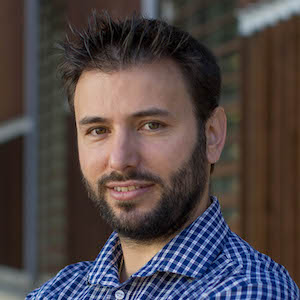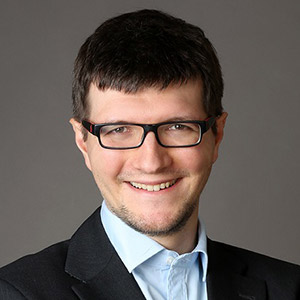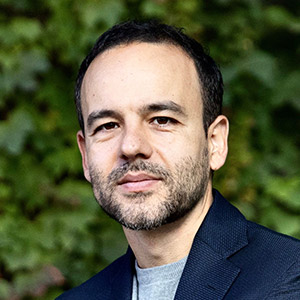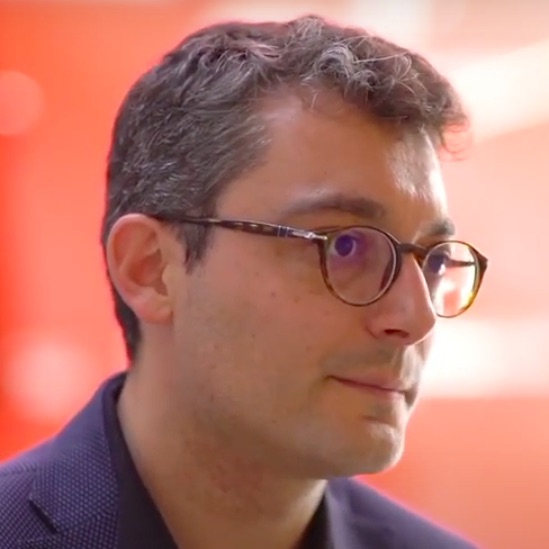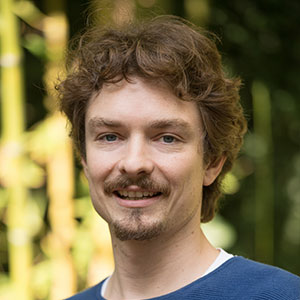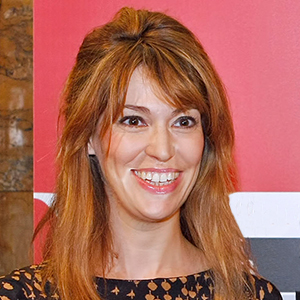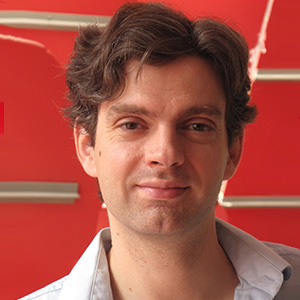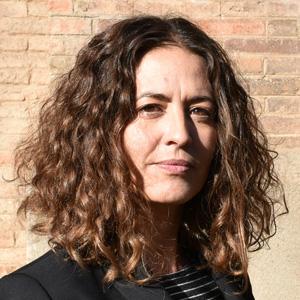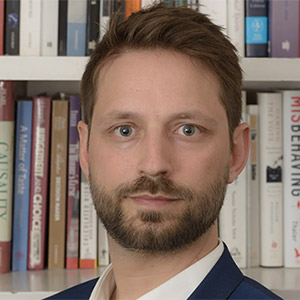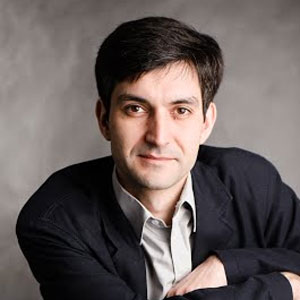- Colonization, Early Institutions and the Origin of State Capacity and Democratization (2021)
-
ERC Advanced Grant
My research project proposes studying the origin of state capacity, democracy and political dynasties using the colonial conquest of Latin America as a natural experiment.
Much of the recent work on comparative politics and development uses large historical events as fruitful experimentation laboratories. However, the colonial experience looks more similar to a "bundle treatment" than a single treatment. It is difficult to disentangle the role of differences in legal origin from the influences of human capital, etc.
My methodological approach has three advantages:
First, since I only analyse the initial years of colonization, my empirical strategy is based on the fact that the initial conquerors had no knowledge of the land that they intended to conquer.
The second advantage is that, in working with the colonization of Latin America, we only have one colonial power, Spain, which avoids the traditional problems of diversity of legal origins.
The third advantage is that the contracts (“Capitulaciones”), that the conquerors signed with the King before embarking to America, and before even knowing anything about the land that he would conquer, and other documents from the Archivo de Indias, provide very rich details on the rules that governed the early institutions (power to tax and rule, the use of military power, the treatment of indigenous groups, etc.).
The colonization of the Americas and the information contained in the “Capitulaciones” found in the Archivo de Indias provides a unique opportunity to advance the debate on the origin of state capacity, democracy and political dynasties.
- Historical Roots of Conflict: From Prehistory to the Colonization Experience (2014)
-
ERC Consolidator Grant
I plan to study the effect of history on conflict and economic development with two historical microscopes.
Following the lead of the new institutional economics, part of the literature argues that institutions cause differences in productivity and factor endowments which, in turn, explain economic development. An alternative view assumes that human capital shapes institutional changes and, therefore, institutions are endogenous. In the first part of the project, which is the core of the research proposal, I will try to move one step further in this debate by taking an approach that uses administrative data on the first colonizers of Latin America. The data contain some personal characteristics on each of the settlers from 1492 to 1599 (town of origin in Spain, occupation, education, city of arrival in the Americas, etc). Using within-country analysis, since we have information on the precise destinations of the first “pobladores” (settlers), and the different institutional set-ups during the first years of colonization for different geographical areas in Latin America, I will reexamine the issue of institutions versus human capital in the explanation of economic development and conflict. The institutions in the initial times of colonization were not the same in all the regions of Latin America and, in many cases, represented an evolution of pre-Colombian institutions. The new data allows also the analysis of the interaction between human capital and institutions in the initial times. In addition the migrations and the evolution of institutions during the first century of colonization provide also some guidance for the research on the sources of institutional persistence.
In the second part I plan to go further back in time to understand how very old conflicts influence current conflict. I will construct a dataset with the location of old conflicts using archaeological evidence to analyze the dynamics of conflict by regions in the very long run.
- Understanding and Preventing Conflicts (2007)
-
ERC Starting Grant
The research project will use theoretical models and empirical techniques to explore the causes, consequences, and prevention mechanisms of conflicts. The aim is to determine the basic elements that make countries more prone to social conflicts and then identify a set of feasible policies to prevent future episodes of violence. The project considers the causes and the propagation mechanisms of social conflicts of different intensity. The main objective of the project is to the study the institutional designs that may prevent, or mitigate, such social conflicts. Therefore, the analysis of economic institutions (such as property rights, etc.), political institutions and structure (democracy, decentralization, political systems, etc.), and the type of political leaders, that can help to prevent, conflict in potentially conflictive societies. From a methodological perspective, the project proposes to overcome some statistical pitfalls present in most of the previous literature on the determinants of civil wars and conflicts. The use of simple linear regressions, or a probit/logit specification, imposes very strong identification conditions that are likely to be violated. The current consensus, which emerges from those analyses, is that poverty is the single, most important determinant of civil wars. This result could be an artifact of simultaneity problems: the incidence of civil wars and poverty may be driven by the same determinants, some of which are probably missing. We propose to check the robustness of this consensus idea, and the importance of the institutional design, using other econometric procedures (instrumental variables and matching methods) which are subject to weaker identification conditions than the traditional regressions. Finally, we plan to investigate methods to deal with the missing data problem that plague the study of the determinants of civil wars.
 Ruben Durante
Ruben Durante


